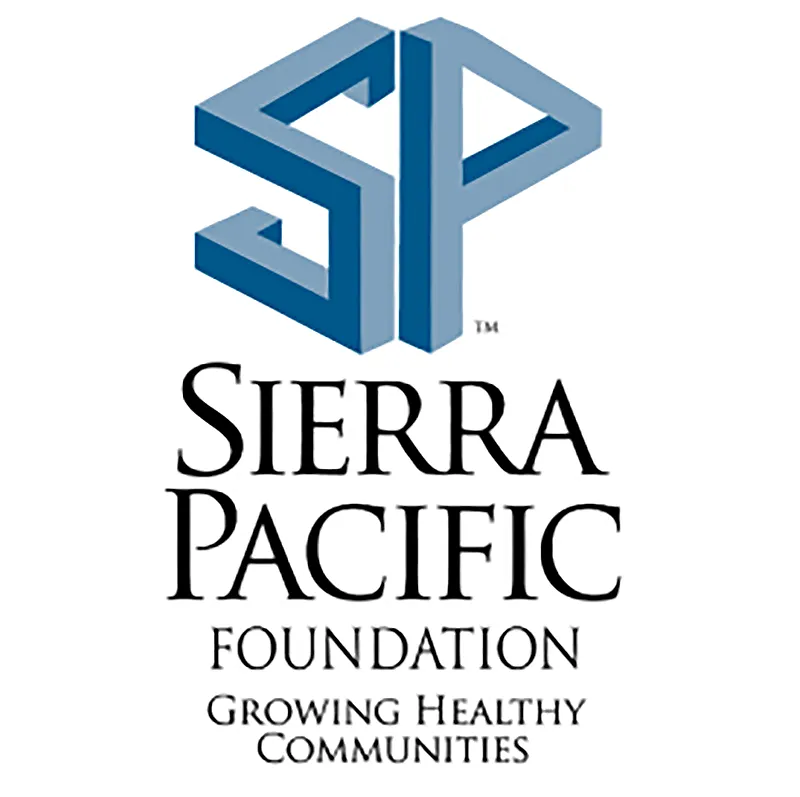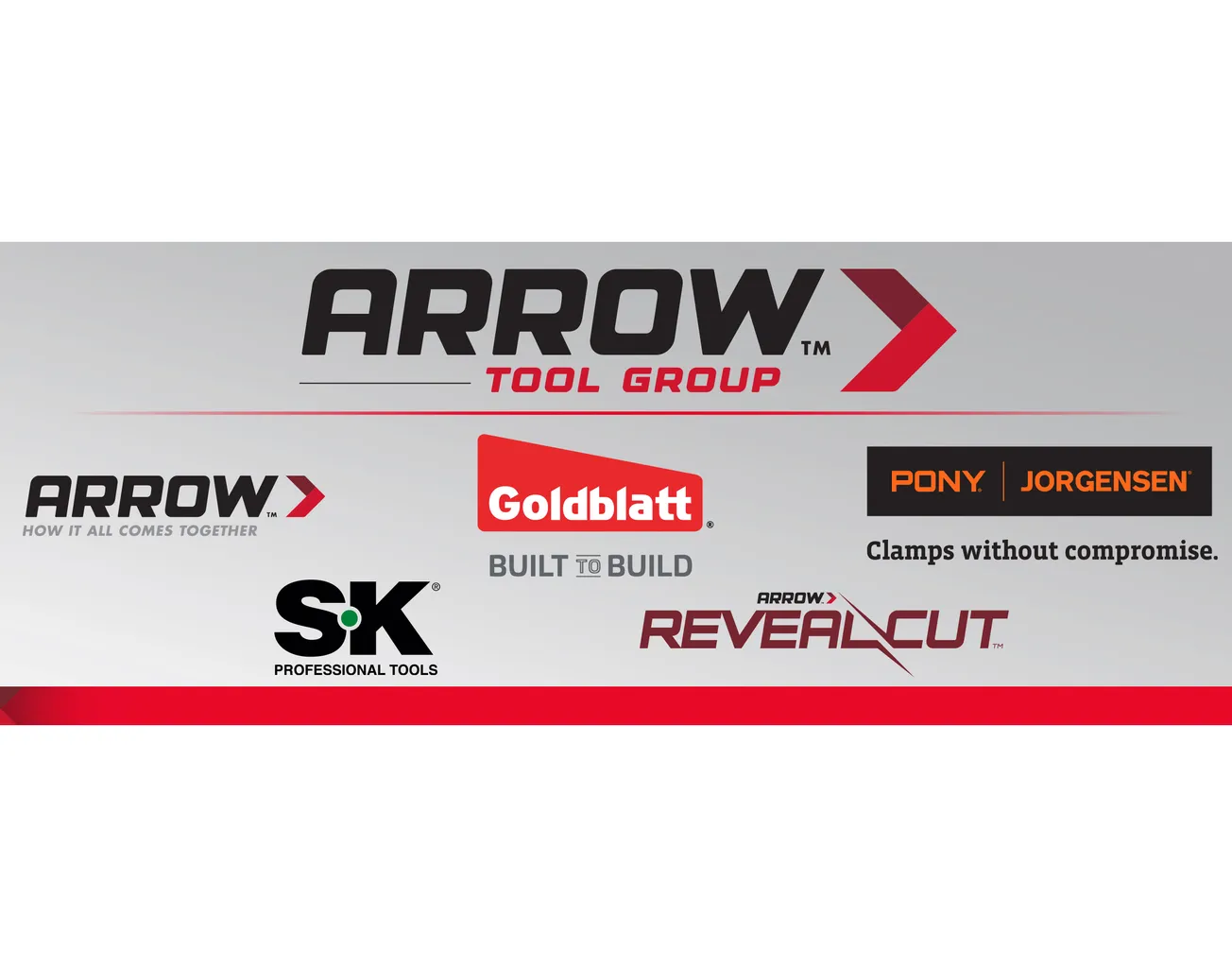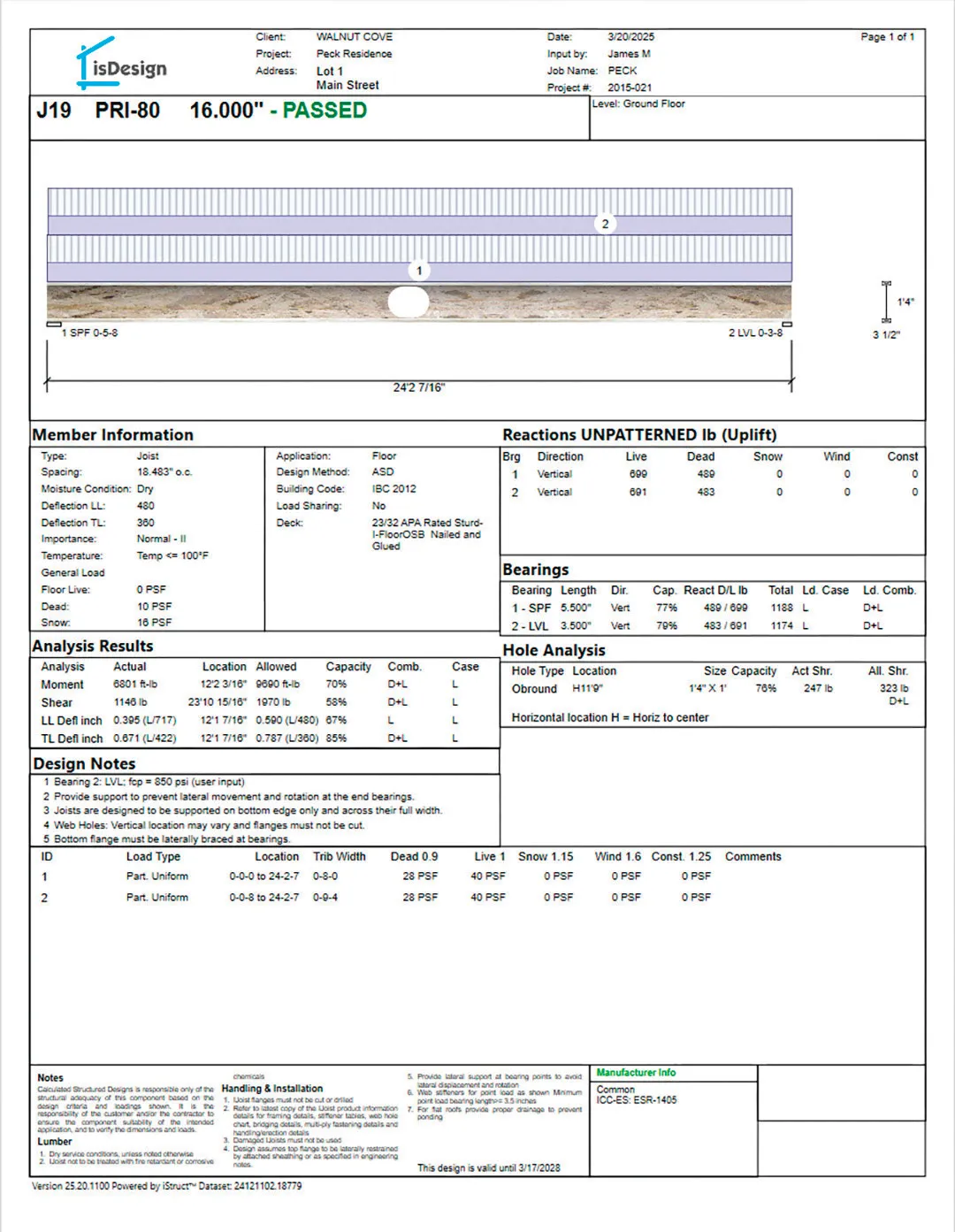Table of Contents
Rapport is a feeling of understanding and trust between people. It’s important because people won’t do business with people they don’t trust or who make them feel uncomfortable. When rapport is high it’s easier for the customer to say yes and more difficult for them to say no.
Most of us are standoffish and/or shy with strangers. It is natural, but it causes us to make rapport-breaking mistakes and makes us forget our natural rapport building skills.
Rapport Breakers
Interruptions. Interruptions are rapport breakers and happen too much in the sales process. Sellers interrupt because they’re nervous, overly eager for the order, or because they (think they) already know what the customer is going to say. The too-aggressive seller sends the message, “I don’t care about what you have to say; I’m just here for the order.” The anxious interrupter sends the message, “I’m unsure of myself and the product; you should be, too.”
Jumping on the end of a customer’s sentence, especially on objections. When we jump on the end of a customer’s sentence it sends the same message as interrupting.Taking a full beat or two at the end of customers’ sentences accomplishes two things. One, it makes our customer feel listened to and understood, both of which are necessary in order to change someone’s mind. Two, many true objections will come out if we wait for them. If we jump on the end of customer’s sentences these true objections never come out, but fester away silently and cannot be overcome.
Ums, uhs & andums. These three scream, “I AM UNSURE OF MYSELF! I AM NOT AN EXPERT!” These noises also break up a smooth conversation. Silence is golden. If we need time to think, do so silently.
Commenting on every customer utterance. “Yeah,” “I understand,” “Okay,” “Uh, huh,” “Sure,” “Sure, sure,” or any word that a salesperson says too often after each customer sentence breaks the customer’s flow and is a nervous tic that transfers that nervousness to the customer. A simple “Mm, hmm” every now and then is enough; more than that breaks rapport.
Ostentatious or overly slanging words. The New York Times is written at the tenth-grade reading level and we should keep our sales communication there also. Simpler is better for rapport. We want to use the correct but simplest version available.
Not being prepared. Not being prepared sends the messages, “I don’t care about you and I am not an expert.” Both these messages do the opposite of building rapport and are easy to say no to. Master Sellers are prepared with multiple options.
Rapport Makers
The weather. Simple but magical. If we want to warm a call up with anyone, the weather is a winner. People are comfortable and enjoy talking about the weather.
Greetings. Do not mail in your greeting! Rapport is built (or not) in the first 14 seconds! We cannot speed up the greeting part of the conversation and make more money. Even the “get-down-to-business” kind of customer will feel rapport if our greeting is at a gentle, sincere, I-care-about-you-as-a-human pace.
Smile. The power of the smile. Use it. It will make our day go better and it will help us sell more. Many of us are not natural “smilers.” I am not. Train yourself.
Compliments. Any time we have the opportunity to give a sincere compliment, we do it. No one can/wants to resist a compliment.
Use their name. There’s nothing as sweet as hearing our own name. We use our customer’s name throughout our presentation. It can be overdone but it is difficult. Especially important right before we begin the business proposal part of our call, “Susan, you and I were talking about specialty cedar last week….”
The follow-up question. Asking an interested and interesting follow-up question about anything our customer talks about is one of the strongest rapport builders available to us. It sends the message, “That’s interesting, I care, please tell me more.”
Can we sell without rapport? Yes, but why? Selling with rapport is like swimming downstream; we still have to swim, but it’s much easier.









